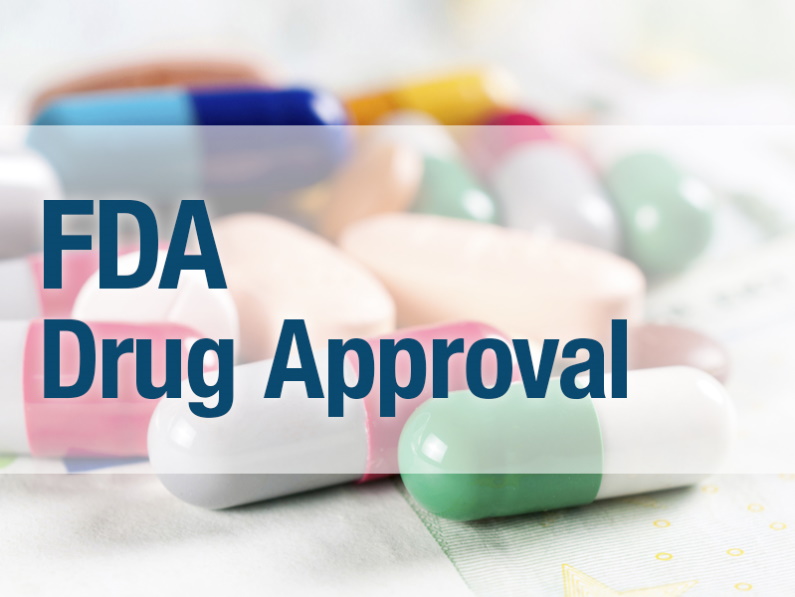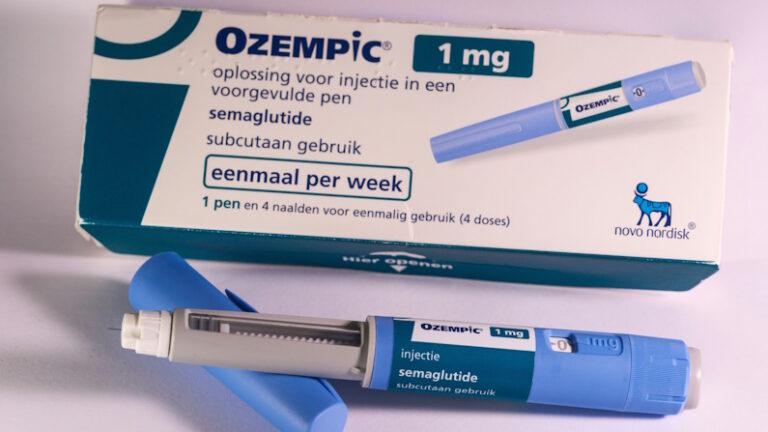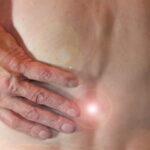Just a few months ago, a one-time infusion that provides quick relief for postpartum depression, one of the most common pregnancy complications, sparked a lot of talk in the medical industry. It’s because while the drug is effective, it’s expensive. $34,000 for the average patient, to be exact.
Postpartum depression is a debilitating condition that develops during and after pregnancy. Currently, the most effective treatments consist of prescription medicines and group therapy or psychosocial counseling. In the United States alone, 400,000 women suffer from postpartum depression while 66% of those women go undiagnosed. For the remaining 33%, only half diagnosed receive treatment for it.

Enter: Zulresso
The new drug everyone’s talking about is called Zulresso (brexanolone) and provides a synthetic source for the neurosteroid allopregnanolone. Allopregnanolone normally binds to receptors in the brain to control overall mood and well-being. It decreases significantly after childbirth, and this is where Sage Therapeutics’s Zulresso steps in.
It’s shown to be quite effective, as demonstrated in three different clinical trials of more than 200 women. Just a few hours after the infusion, women felt better, and over a month later, the treatment was still working.
Some women commonly use medications like Prozac and Zoloft for postpartum depression, and they are certainly effective; they just take time to start working. And that several week wait period can be agonizing for the mother and the baby. Immediate relief can be critical for the baby’s development during the early days.
Other Postpartum Drugs in 2019
Other antidepressants available for postpartum depression include serotonin-reuptake inhibitors (SSRIs) and a serotonin-norepinephrine reuptake inhibitor (SNRI). Individuals use these drugs for depression in general, but they are effective for those suffering from postpartum as well:
Venlafaxine (SNRI)
Bupropion (Wellbutrin, Zyban)
Escitalopram (Lexapro)
Fluoxetine (Prozac, Sarafem) SSRI
Paroxetine (Paxil, Pexeva)
Sertraline (Zoloft) SSRI

The Risks of Postpartum Depression
Women with postpartum depression suffer a multitude of emotions after delivery, including the inability to bond with their baby, deep feelings of sadness, hopelessness or anxiety. It’s not something to take lightly as some women have severe depression and contemplate suicide. There is also a risk of the mother having thoughts of harming their child.
If an individual has experienced previous depression or anxiety, emotional or traumatic stress, the risk is greater. For those who used tobacco during pregnancy, had a low birth weight, or didn’t breastfeed as long as six months, the risk increases as well.
Drug Cost Concerns
If opting for Zulresso, drug cost is a major concern. Aside from the estimated $34,000 drug, it’s mandatory that women stay in a medical center for roughly 60 hours during the infusion process. So in addition to the drug, other costs are involved.
Top that, low-income women are more likely to suffer from postpartum depression, due to lack of health insurance, psychosocial stress factors, and hunger. If postpartum depression develops, the cost of Zulresso could make the condition more debilitating and a vicious cycle ensues.
One thing to consider is that if insurers cover Zulresso, this may help limit the need to take other medications that would normally need to be taken in place of Zulresso. So even though it comes with a hefty price tag, it may save insurers elsewhere.
Currently, scientists are developing another pill that contains a similar molecule to help with allopregnanolone synthesis. If it comes out of clinical trials successfully, there may be most cost-effective alternatives to Zulresso that do the same trick. Approval may take a couple more years though.

Postpartum Depression: The Bottom Line
As with any drug for depression, women must not see it as a cure-all. While women can significantly improve their quality of life, they should supplement their treatment with appropriate diet and exercise. Women should consider deep breathing exercises, yoga, nature walks, omega-3 supplements, and vitamin D. These are a no brainer for overall improvement and really kicking postpartum depression for good.
The great thing about Zulresso is that, even if not everyone can afford it, it’s bringing postpartum depression awareness to the forefront. That’s important in order for researchers, to feel the pressure to develop more adequate treatments. As with any depression, no one knows the true depth of suffering except for the individual. Any for a mother with postpartum depression, there may be two people hurting. But drugs and supplements make a world of a difference.
For more information about postpartum depression, visit https://www.cdc.gov/reproductivehealth/depression/index.htm#Postpartum.







